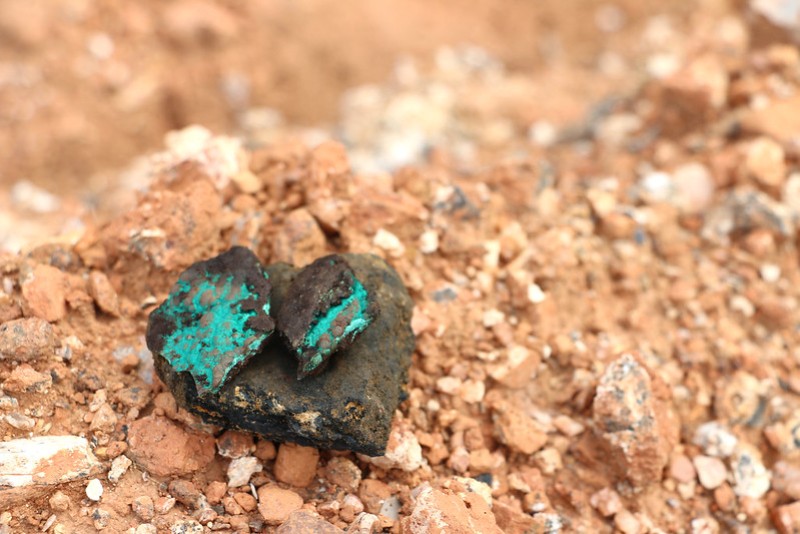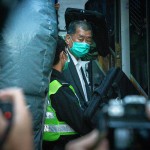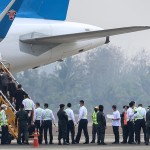If national authorities do not react, the association will consider taking the case to the International Criminal Court in The Hague, the head of the association, Donaldo Sousa Guevara, told OCCRP on Friday.
A complaint filed by a group of nearly 200,000 professionals from different industries alleges that Philip Pascall is behind crimes against the environment and the nation’s historical heritage. Pascall is the legal representative of Minera Panamá SA, which is a First Quantum Minerals subsidiary.
At least 13 investigation reports carried out by the country’s Ministry of the Environment detected that Minera Panamá failed to comply with mitigation measures, due Environmental Impact Studies, environmental management, as well as other regulations.
According to the complaint filed with Panama’s Attorney General’s Office, the company is accused of illegally clearing an area belonging to a regional biological corridor where a tailings basin not part of the mine concession was constructed.
Minera Panamá is also accused of illegally excavating archaeological sites and removing objects. Two Panamanian archaeologists have claimed in the complaint that the company has not protected the archaeological sites.
According to the experts, unauthorized Mexican archaeologists were hired and allegedly ignored the country’s Historical Heritage Resolution to speed up the mining company projects as they wish and not face obstacles of archaeological nature.
The complaint demands the immediate suspension and definitive closure of the mine’s activities in order to stop the environmental damage and try to decontaminate the area that has been affected, especially the water flows.
Guevara also said that experts should inspect the company and identify other potential criminal violations as well as study the environmental damage that has occurred in recent years.
About a month ago, Panama’s government ordered the company to pause operations after it failed to reach a new agreement with the company that would have increased annual payments to state coffers from the mine. In the days after the suspension order, the First Quantum shares fell by nearly 20%.
However, “the mine never stopped operating,” Panamanian investigative journalist Mary Triny Zea told OCCRP.
The open-pit mine has been operating despite the fact that in December 2017, its contract, signed 10 years before, was declared unconstitutional by Panama’s top court.
Although negotiations with the company are still ongoing, one of the things the members of the association are asking the Panamanian President Laurentino Cortizo Cohen is not “to negotiate or make any deals” with what Guevara described as an “environmentally criminal company.”
However, the Minister of the Environment, Milciades Concepción, told local media on Thursday that if the government does not reach a deal with this company, it will make sure that the mine remains operational, perhaps even with new actors.
“They will be accomplices and history will judge them,” Guevara told OCCRP on Friday, referring to his country’s authorities.
OCCRP has tried to contact Philip Pascall to comment on the accusations but did not receive a response.
Two days after the complaint was filed, Guevara presented to the Panamanian Legislative Assembly a draft of a bill that would prohibit metal mining in Panama, considering the violent damage to life and the environment that this type of activity is causing.
The bill should receive the support of the civil society and neighboring countries, including El Salvador, Costa Rica and Honduras, which have already passed similar laws.
However, Panama’s authorities have so far not shown much enthusiasm for such a bill, nor have local media really responded to the association’s calls to highlight the problem.
“We sent an invitation to all the media here in Panama and no journalist, no television station showed up, despite the fact that we invited them all both to present the complaint against Philip Pascall from Minera Panama and to the presentation at the Legislative Assembly of the draft of a metal mining prohibition law in Panama,” Guevara told OCCRP.
When the Minister of the Environment was questioned by a Panamanian lawmaker about the legal support for Minera Panamá to continue operating without a contract, “extracting natural resources and exporting them and making money of them,” the minister said that they had “settled the legal principle in good faith and legitimate trust.”



